Tag Archives: open science
Transparency FTW! LLMs, OpenBoxScience and GetFreeCopy
Scott Edmunds - May 30, 2024
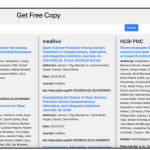
As an Open Science publisher we’ve pushed for transparency and access in the research that we disseminate, and in GigaByte journal we’ve just published a new open-source software tool “GetFreeCopy” that is demonstrative and addresses many features of this. To tell us more we have a Q&A with lead author Kuan-lin Huang, an Assistant Professor […]
Inspiring Inclusion: The 9th Annual Women in Science Conference
Nicole Nogoy - March 8, 2024

The 9th Women in Science Conference took place in Shenzhen. Below are some highlights from the conference co-organized by our Publishing Director, Laurie Goodman, and Co-Chaired by Doris Yang, from BGI-College. Today, March 8, 2024 marks International Women’s Day – where women’s achievement and inclusivity is celebrated. Inspired by the collective awareness of all, […]
Peer Review Week 2023: GigaByte joins the ‘Publish, Review, Curate’ Revolution using Sciety
Scott Edmunds - September 27, 2023
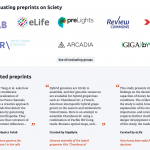
Thanks to a collaboration with Sciety and eLife, this Peer Review Week 2023 we can announce new ‘Publish, Review, Curate’ models of peer-review are being showcased by GigaByte.
Archiving blogs: Rogue Scholar and lessons from Biome
Scott Edmunds - September 12, 2023
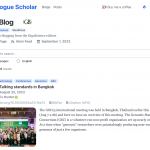
GigaBlog is now archived in Rogue Scholar, a new service that provides what it calls “science blogging on steroids” through including full-text search, long-term archiving, DOIs and metadata for science blogs such as ours.
Announcing the GigaScience T2T Series: Closing the Gaps from Telomere-to-Telomere
Scott Edmunds - April 3, 2023
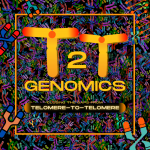
An announcement on the GigaScience T2T (Telomere to Telomere) Series: Closing the Gaps from Telomere-to-Telomere
Celebrating and innovating: This was 2022 at GigaScience Press
Hans Zauner - December 20, 2022

It was a year to remember, for more than one reason: 2022 marked the 10th anniversary of GigaScience‘s launch. The journal’s younger sibling GigaByte got an award and continued to innovate with living documents and its first trilingual article. And we published lots of memorable research, featuring, for example, a giant tortoise and 26 deadly […]
The first English-Spanish-Ukrainian Publication. How to publish multilingual articles with GigaByte
Scott Edmunds - November 28, 2022

GigaByte this week marks the first time multilingual articles have been simultaneously published in English, Spanish and Ukrainian. Showcasing a novel and award winning feature from our publishing platform.
GigaByte Wins 2022 ALPSP Innovation Award
Scott Edmunds - September 21, 2022

GigaByte Journal wins the ALPSP Innovation Award for their interactive articles and tools aimed at fulfilling the UNESCO Recommendation on Open Science
Open Science Milestones and the return of in-person meetings at ISMB2022
Scott Edmunds - July 19, 2022
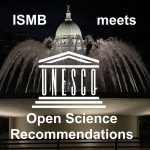
Write-up of GigaScience’s 10th birthday at ISMB2022 in Wisconsin, birthday series of papers, and it’s efforts to map to the UNESCO Open Science Recommendations
Open Access Week 2021: GigaScience’s 10 Examples of Open
Scott Edmunds - October 29, 2021
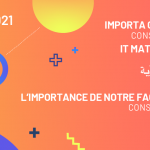
For Open Access Week 2021 we look back over 10 of our favourite GigaScience papers providing examples of barriers we’ve tried to break for more open science.